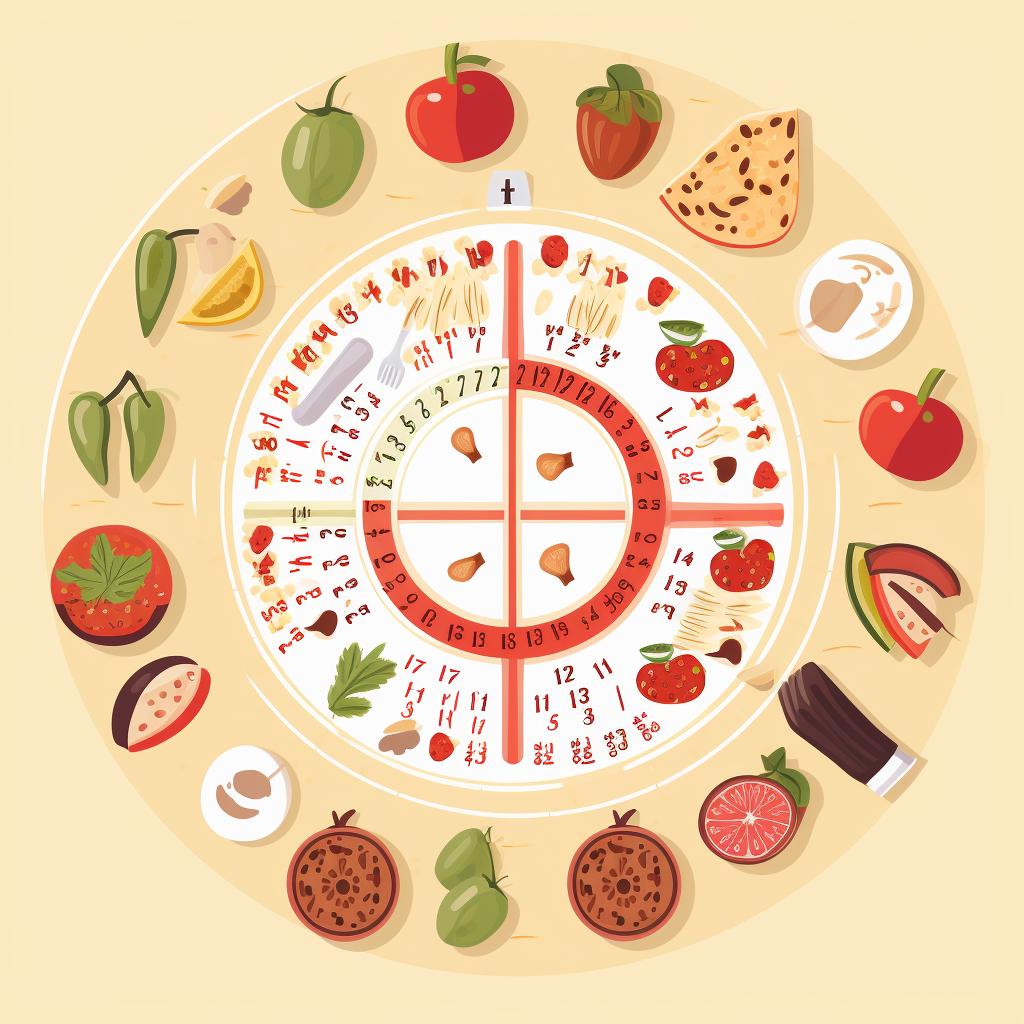🍽️ Incorporating Greek Cuisine into Your Diet: A Step-by-Step Guide
Embarking on a journey to incorporate Greek cuisine into your diet can be an exciting and rewarding experience. This Mediterranean diet is renowned for its health benefits, and with our step-by-step guide, you can effortlessly integrate it into your lifestyle.
It all begins with identifying familiar foods in Greek cuisine. If you're a salad lover, a Greek salad, filled with fresh vegetables, olives, and feta cheese, can be a refreshing start. For grilled meat enthusiasts, Greek souvlaki, skewered and grilled meat, will be a delightful addition to your diet.
Remember, the key to successfully adopting a new cuisine is to introduce it gradually. There's no need to rush. Start by introducing one Greek dish per week into your diet, whether it's a main dish, a side, or a dessert like the sweet and nutty baklava.
One of the many benefits of Greek cuisine is its balance of fresh vegetables, lean proteins, and healthy fats. When preparing your Greek meals, ensure you're getting a balanced meal by including a variety of these food groups. If you need help understanding how to balance your meals, our guide on navigating the food pyramid can be a helpful resource.
While Greek food is nutritious, portion control is still essential. Even the healthiest foods can contribute to weight gain if consumed in excess. This is especially true for dishes that are higher in fat and calories, like moussaka or baklava.
Finally, the goal is not just to eat healthier but also to enjoy the process. Embrace the opportunity to explore different Greek recipes, try new ingredients, and savor the flavors of this rich and vibrant cuisine. And if you're dining out, our guide on eating healthy at Greek restaurants will help you make smart menu choices.
By following these steps, you're not only introducing a variety of flavors into your diet, but you're also embarking on a journey towards better health. So, take the plunge and enjoy the culinary delights of Greek cuisine!


















